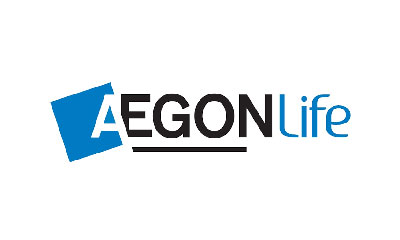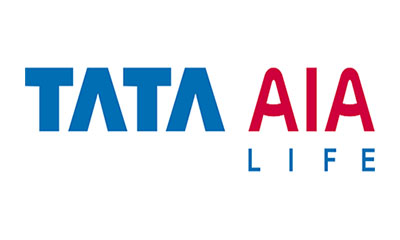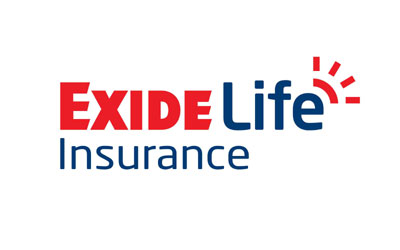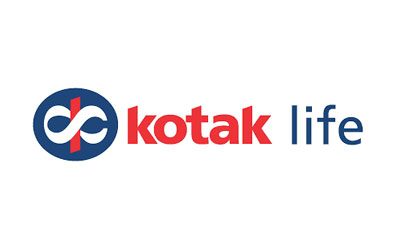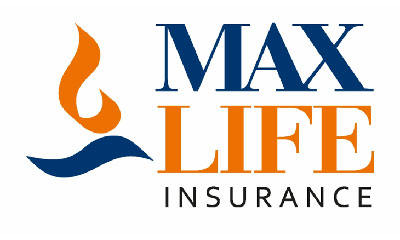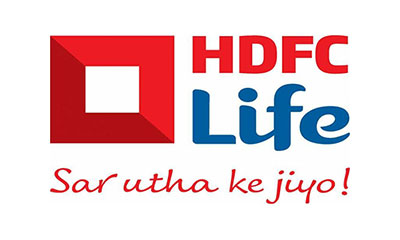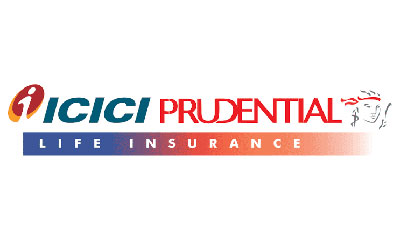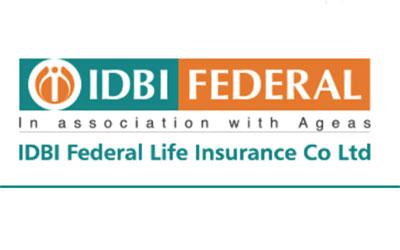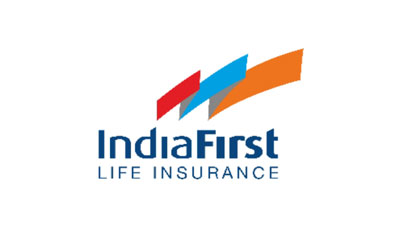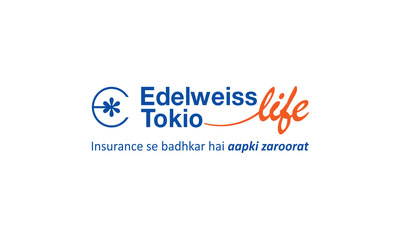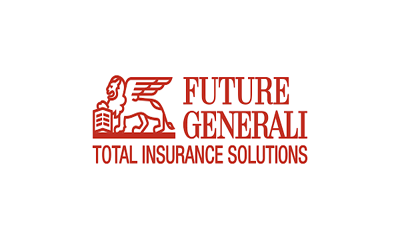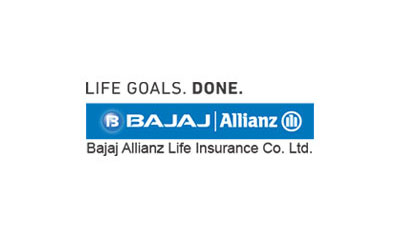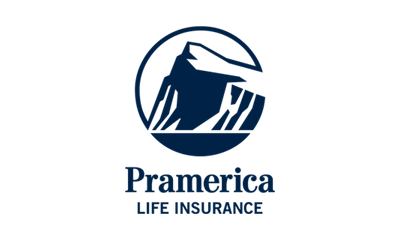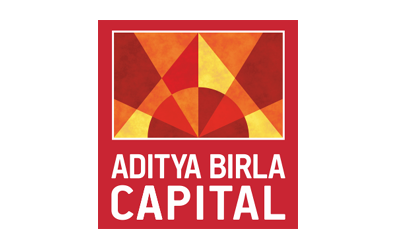Life Insurance is an arrangement wherein the policyholder purchases financial protection in the form of an Insurance Policy from the Insurance Company by paying the insurer amounts of money, known as Premium at regular intervals. This ‘financial protection’ is in the form of a pre-agreed amount or Sum Assured that comes into play in two scenarios 1) After a certain amount of time, or maturity period of the policy and 2) Due to the unfortunate demise or permanent disability to the primary insured during a policy period.
One must remember that by investing in a life insurance plan today, you are securing your family’s financial position for tomorrow should something untoward happen to the primary earning member of the family. Plus, life insurance plans are more than affordable, which means you are preparing for life’s contingencies without disturbing your current financial goals. In this way, one can be rest assured that your loved ones can continue to maintain the lifestyle you have worked so hard to give them, no matter what. Life is all about the little moments that we enjoy with our loved ones. But these moments can be interrupted with an unforeseen event, leaving your family in financial distress. That’s why, getting a life insurance is the first step towards creating a safe and secure future for your loved ones. Insurance can take away some financial burden from the citizens of the country in times of need and calamity.
A leading data science agency has reviewed its insurance forecast for India following the Covid-19 outbreak. This analysis shows that India’s life insurance industry is expected to grow at a compound annual growth rate (CAGR) of 7% (seven percent) over the 2019-2024 period, driven by favourable demographics and an economic recovery expected in the second half of the year 2021. A high number of Covid-19-related deaths in the past year has raised awareness of life insurance in India. The relaxation of the lock restrictions and the increased introduction of digital distribution will continue to support growth. Digital distribution has received a much-needed boost as insurers focus on providing uninterrupted sales support and customer service. Insurers are also offering new products with Covid-19-specific benefits to help drive sales.
Positive regulatory developments over the past six months would also support life insurance growth. For example, raising the FDI limit in insurance from 49% to 74% will encourage new foreign insurers and the existing players to enter the market and bring in additional capital. Additionally, in April 2021, the regulator allowed insurers to invest up to 10% percent of outstanding debt in a single issue from infrastructure investment trusts and real estate investment trusts. The additional investment opportunities strengthen the financial position of insurers and encourage them to expand their product offerings.
Insurance coverage has been concentrated predominantly in urban India. There is a huge untapped insurance market in rural areas. There lies a large protection gap in semi-urban and rural India, even for essential covers such as health, life, motor and home insurance. Urban India is getting insured at a lightly quicker pace with slightly better awareness, wider distribution and as a result of the raging Covid 19 pandemic. It's time that the regulator and distributors alike, look towards the vast potential of the country especially towards Tier II and III cities. Rural India is witnessing a significant rise in purchasing power, and hence we should ensure a shift in the business focus/ priority of organisations that are now giving equal if not more attention to the smaller districts and villages of the country.
This is exactly where the POS (Point of Sale) Model propagated by the IRDAI for deeper and quicker penetration comes into the picture. The IRDAI also proposed a Business Correspondent to be an extension of the POS model, for promoting simpler vanilla products to final customers in Tier II and III cities. Point of Sales Outlets are everything from a Financial Advisor / Agent , local mom-and-pop stores, automobile sub-dealers can be ideal opportunity to sell insurance since they attract local customers for their daily needs. Importantly this provides a revenue opportunity to them apart from being an opportunity for the end customer to protect themselves from financial risks through such insurance products, be it for their Health, Life, Automobile 2W/4W or their Home. POS has the potential to become a highly concentrated and dynamic channel today.
The second large opportunity is for the Insurance Industry to ride the Digital Wave. Any line of business, industry segment cannot afford to ignore the opportunity. With ever improving internet penetrations, smartphones are now becoming a necessity rather than a luxury for most of India, including the rural cities. Coupled with this, digital payment solutions are not further encouraging both urban and rural customers to sit in the comfort of their homes and review and buy even slightly more complicated products like Health and Life insurance. These now ever present smartphones are changing the rural landscape in unprecedented ways. Not only have they brought information (in local languages) to rural India, they are also given these customer a lot more flexible purchase options. The India Insurance Regulator has also further promoted Digital channels like Web Aggregators and Online Brokers to ride this wave to increase insurance penetration across the board. Though the sales through the digital channels are still low in terms of total contribution to business, it is growing at a rapid pace. There is no reason why the same trend cannot follow in the rural market, provided there are simple products, backed with strong customer service available for customers.
Information needed to buy your Life Insurance policy
All customers will need to provide the following information while purchasing their optimum Life Insurance plan:
- Age Proof
- Address Details
- Gender
- Nicotine, Tobacco and Alcohol Usage
- Personal Medical History
- Family Medical History
- KYC details for premiums above threshold limits
While you’re calculating the right insurance amount to suit your lifestyle, also note that there are certain factors that govern the premium that you need to pay. Other factors can include lifestyle, job profile and driving record.
